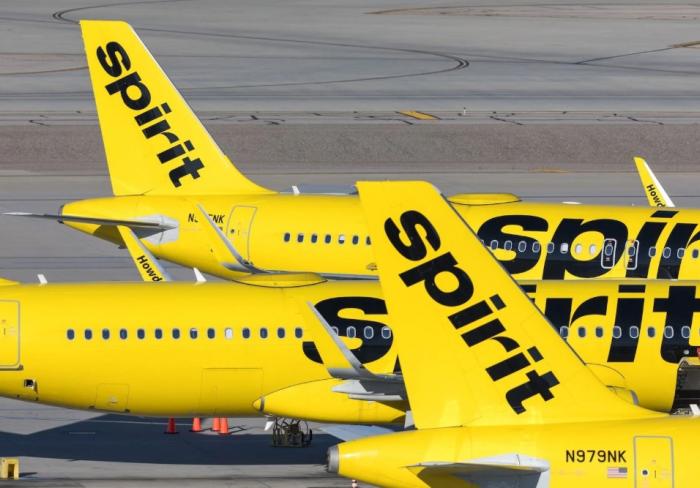Chile’s travel industry reaped a record high $1.1 billion dollars worth of hard-currency revenues all through 2003.
A report issued by the country’s Tourism National Service (SERNATUR), points out that as many as 1,696,889 tourists visited the South American nation last year. Experts believe the nation is in a position to reach the two-million-visitor milestone this time around.
The sector of professional services linked to information technology, research, tourism and healthcare embraces over 50 percent of Cuba’s income money out of exports.
Cuba’s Foreign Trade Minister Raul de la Nuez explained the professional level of the island nation’s workforce “is creating ideal conditions to foster and advance the export of professional services linked to intellectual activities.”
The Peruvian government has grounded Aerocontinente, the nation’s flagship airline, because the company failed to hand in the required documentation to get an insurance policy that can keep it up in the skies.
The air carrier is going through the worst of times since last June when the U.S. government included Aerocontinente founder Fernando Zevallos on the list of the world’s most wanted drug ringleaders, charged with building his company on laundered money coming from fraudulent activities.
A couple of major projects dealing with tourism –the enhancement of the Tegucigalpa International Airport and development plans for the Tela Bay- were presented as potential investment areas to a group of Spanish businesspeople.
The Tela Bay is a protected natural zone that extends along the northern shoreline where four hotels and a 27-hole golf course are being built. The first project alone will take an estimated $100 million.
Dominican Republic´s external financing gap for 2004 may be US$50 million more than anticipated, a figure that corroborates earlier IMF remarks that suggested that its ongoing review of the country´s recent economic trends and performance pointed to a widening of the country´s estimated US$293-million financing gap.
Having received debt relief equivalent to US$193 million from the Paris Club (US$155 million in maturities coming due this year, plus US$38 million in arrears), a US$50-million increase in the country´s residual gap would bring the new total to US$150 million, the DR1.Com news service reports.
The high cost of operating Dominican airline companies, due to excessive taxes and the fact that many costs must now be paid in US dollars, could soon mark the demise of the fledgling Dominican aviation industry, according to a report in El Caribe daily.
Isabel Patin, of Servicios Aereos Profesionales, says that company yields are at a minimum because airfares are sold in pesos, while aviation companies must pay their operating expenditures in hard currency, DR1.Com reports.










